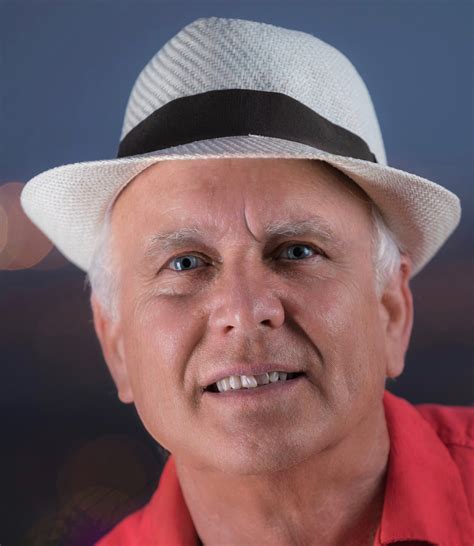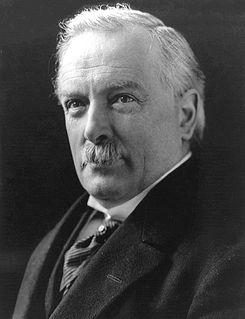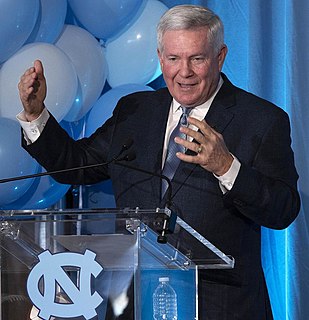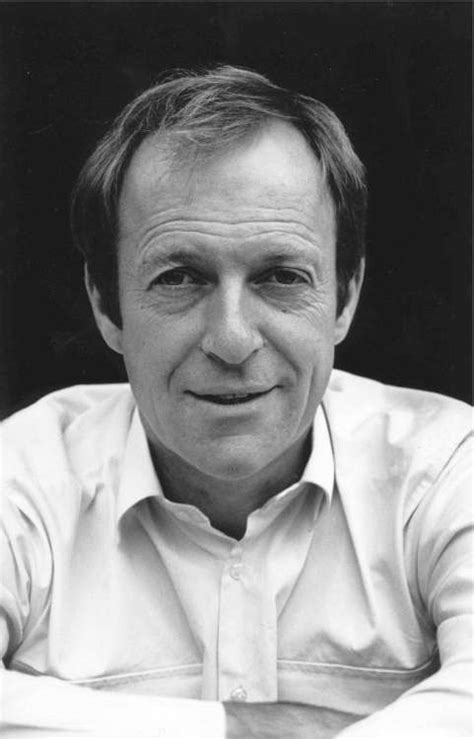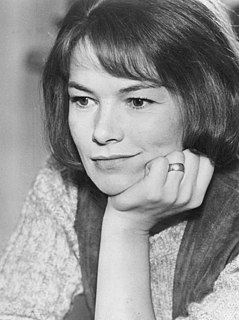A Quote by Hannah Fry
Our long-range predictions - especially those which anticipate extreme-weather events - rely on an assumption that the future will be similar to the past. Lose that, and we lose the tools that have allowed us to prepare for such eventualities.
Related Quotes
You exist in time: future, present, and past. This is manifest in life, liberty, and the product of your life and liberty. The exercise of choices over life and liberty is your prosperity. To lose your life is to lose your future. To lose your liberty is to lose your present. And to lose the product of your life and liberty is to lose the portion of your past that produced it.
The Savior taught His disciples, 'For whosoever will save his life shall lose it: but whosoever will lose his life for my sake, the same shall save it' (Luke 9:24)."I believe the Savior is telling us that unless we lose ourselves in service to others, there is little purpose to our own lives. Those who live only for themselves eventually shrivel up and figuratively lose their lives, while those who lose themselves in service to others grow and flourish—and in effect save their lives.
TPP replicates similar language from past trade agreements that has allowed foreign corporations the right to challenge U.S. federal, state, and local laws outside of American courts. These tribunals will not meet our high standard of transparency and due process, and they will rely on weak impartiality rules for selecting judges.
There are two processes which we adopt consciously or unconsciously when we try to prophesy. We can seek a period in the past whose conditions resemble as closely as possible those of our day, and presume that the sequel to that period will, save for some minor alterations, be similar. Secondly, we can survey the general course of development in our immediate past, and endeavor to prolong it into the near future. The first is the method the historian; the second that of the scientist. Only the second is open to us now, and this only in a partial sphere.
How those fires burned that are no longer, how the weather worsened, how the shadow of the seagull vanished without a trace. Was it the end of a season, the end of a life? Was it so long ago it seems it might never have been? What is it in us that lives in the past and longs for the future, or lives in the future and longs for the past? (from "No Words Can Describe It")
Satellite photography in the 1970's gave rise to the long-range weather forecast, a month at a time. This in turn gave rise to the observation that the long-range weather forecast was wrong most of the time. In turn, this gave rise to the dropping of the long-range weather forecast and to the admission that really accurate forecasting could only cover the next day or two, and not always then.
We are at war with the most dangerous enemy that has ever faced mankind in his long climb from the swamp to the stars, and it has been said if we lose that war, and in so doing lose this way of freedom of ours, history will record with the greatest astonishment that those who had the most to lose did the least to prevent its happening.
Remember that even if you were to live for three thousand years, or thirty thousand, you could not lose any other life than the one you have, and there will be no other life after it. So the longest and the shortest lives are the same. The present moment is shared by all living creatures, but the time that is past is gone forever. No one can lose the past or the future, for if they don't belong to you, how can they be taken from you?
If, as an actor, you allow yourself to be cocooned from the boring pin-pricks of day-to-day existence - like standing in a queue at the butcher's or any of the other dreary little events that we all have in our daily lives - you begin to lose your lifeline to what people are. And if you lose that, you eventually lose the ability to act.



